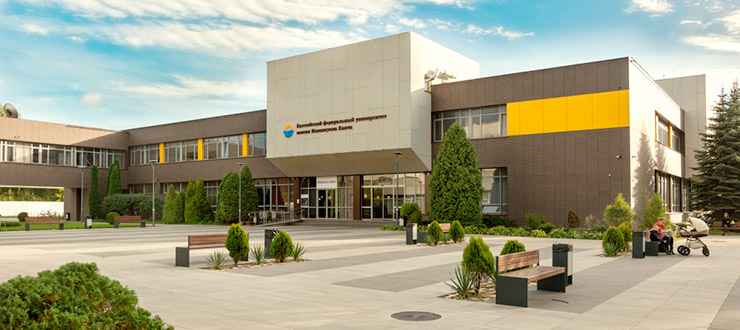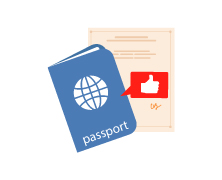Kalinigrad is a city in northwest Russia and the center of Kaliningrad Oblast (Region). This region is unique in the country, not having any common borders with other Russian regions, while neighboring Poland and Lithuania and bordered by the Baltic Sea.
City with a Rich Past
For a long time, Kaliningrad was part of Germany. The city's history began in 1255, when the Teutonic Knights founded a fortress on a hill, named Königsberg (King's Hill). The city first became part of Russia in 1758 as a result of its victory in the Seven Years' War. However, in 1762 the land was returned to the Kingdom of Prussia. In 1946, Koenigsberg again became a Russian city when WWII resulted in some German lands being transferred to the Soviet Union. Upon this transfer, the city received a new name – Kaliningrad, after the Soviet politician Mikhail Kalinin.
Seacoast City
Although Kaliningrad has no direct access to the sea, since it is located near the place where the Pregolya River enters Kaliningrad Bay, the city still has a large port and hosts the headquarters of the Baltic Fleet of the Russian Navy. In the small towns near Kaliningrad, there are beaches, reachable by bus, shuttle bus, or commuter train. But you can smell the sea in Kaliningrad itself, since it has winds and rains.
City of Philosophers
Königsberg was the birthplace and residence of one of the world's greatest philosophers, Immanuel Kant. His tomb is located near the walls of the 14th Century Cathedral, with the Kant Museum and Concert Hall hosting organ performances. Interestingly, the philosopher lived in Königsberg during its transfer to the Russian Empire, which means that Kant took the oath of citizenship and allegiance to Elizabeth of Russia. When the province was returned to Prussia, Kant refused to violate his oath, and remained a citizen of Russia until his death.
City of Culture
Kaliningrad often hosts various musical shows and performances, including international ones, such as the Mikael Tariverdiev Organ Competition, the Kaliningrad City Jazz Festival, the Kaliningrad in Rock Festival, and many more. Every autumn, the city hosts the Baltic Seasons Art Festival, at which theaters from many Russian regions present their best performances.
City of Amber
The city symbol is the Amber Museum, located in a red-brick tower which once formed part of the fortress. The Museum showcases sunstone of various shades, shapes, and sizes, with the largest exhibit weighing more than 4 kg. It also has the world's largest amber mosaic, the Rus mosaic, weighing more than 70 kg and consisting of around 3,000 elements.
City of Academic Traditions
Kaliningrad is home to more than 20 colleges and universities. The largest is Immanuel Kant Baltic Federal University, with some of its buildings once belonging to Albertina University of Koenigsberg, founded in 1544. City universities also provide naval graduates, fishing specialists, lawyers and others.
What to See
Fishing Village
Unfortunately, the historic center of Kaliningrad was devastated during WWII. However, many buildings have now been restored. For example, the Fishing Village was restored in 2007, as a German style craft trades area.
Historic Zoo
The Kaliningrad Zoo is one of the largest and oldest in Russia, and a member of the European Association of Zoos and Aquaria. The zoo was founded by the businessman German Klaas in 1896.
Museum of the World Ocean
This is a unique exhibition center, with some of its displays located on the water: both scientific and military vessels are moored along the Historic Fleet Embankment, with exhibition halls inside them. The second part of the Museum is located on land: aquariums with exotic fish, collections of shells and corals, and the skeleton of an enormous sperm whale.
King's Gate
This Gate is situated near the World Ocean Museum and their image became the city mascot during the celebrations of the 750th anniversary of Koenigsberg. Now, the King's Gate hosts the Great Embassy exhibition, which displays the history of the city's foundation and development. Visitors to the King's Gate are first met by the keeper of the keys to the city: the Prussian Cat, which is believed to bring good luck if you pet it.




























































